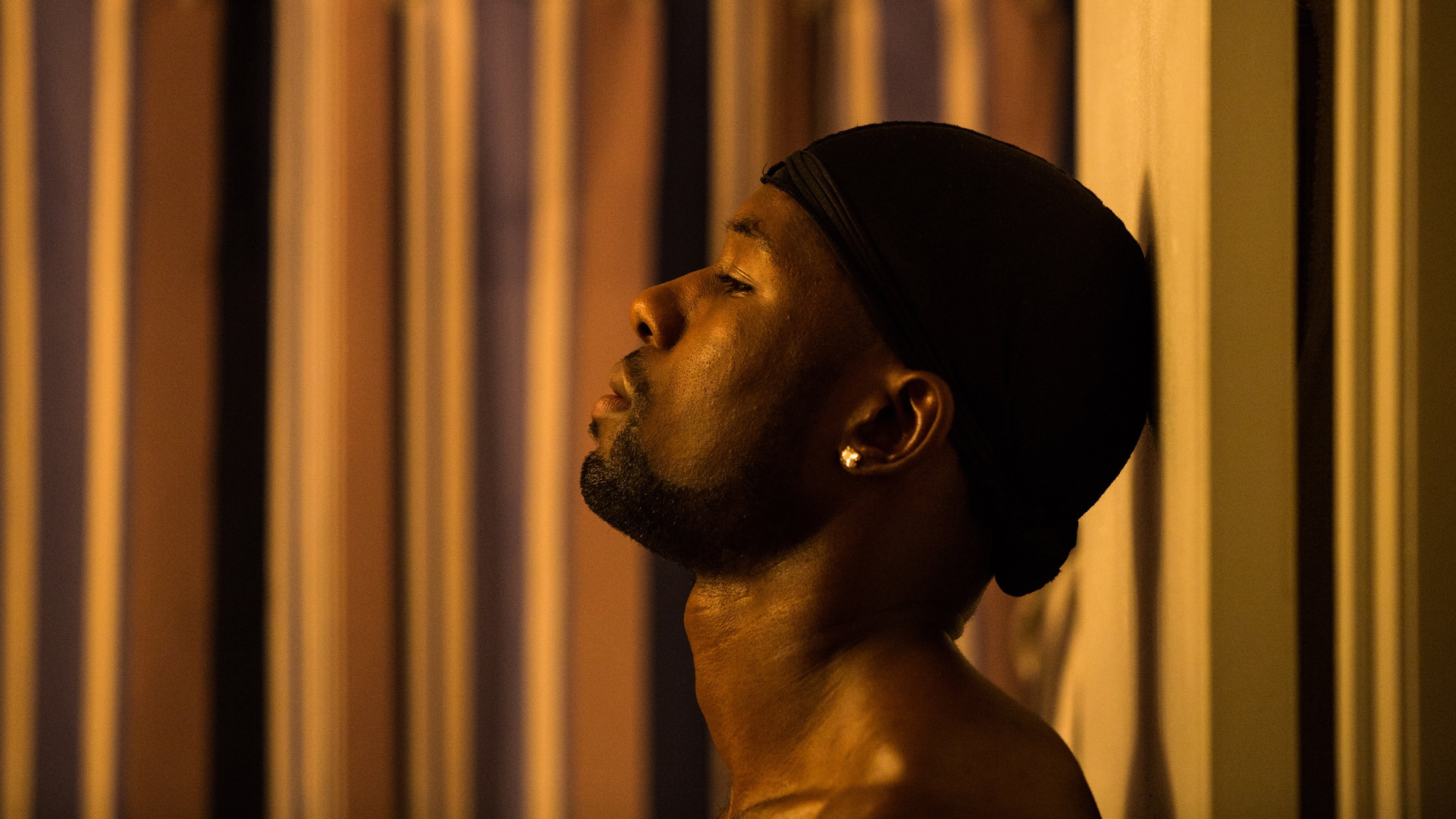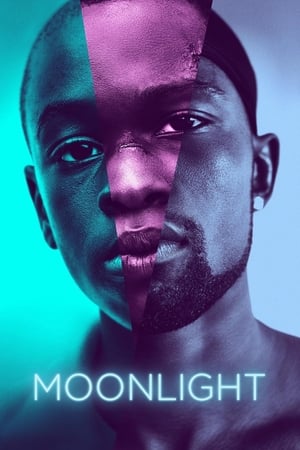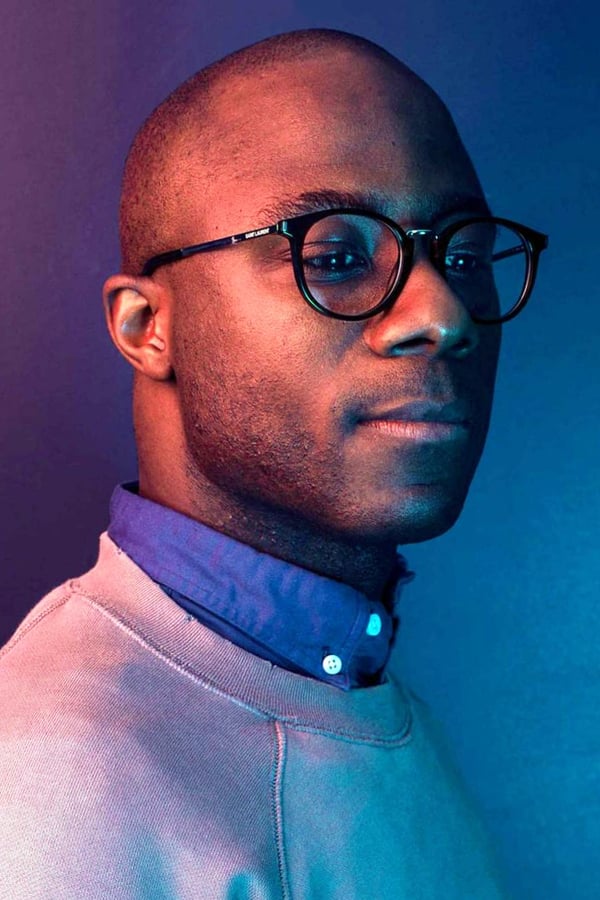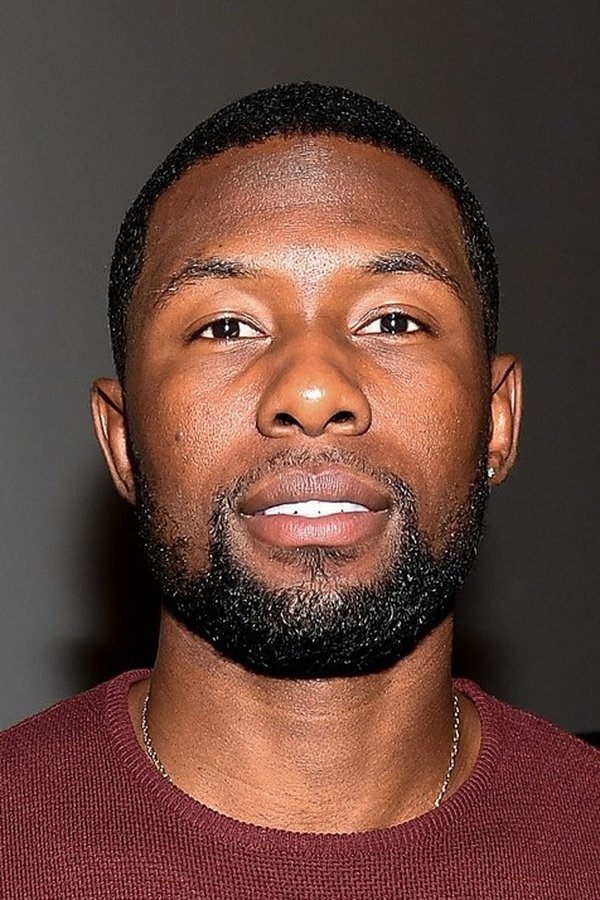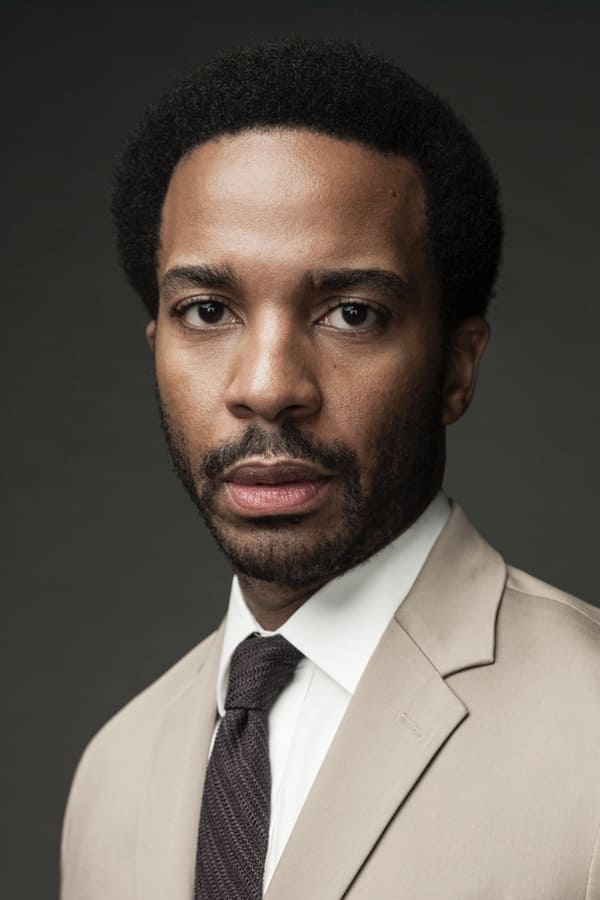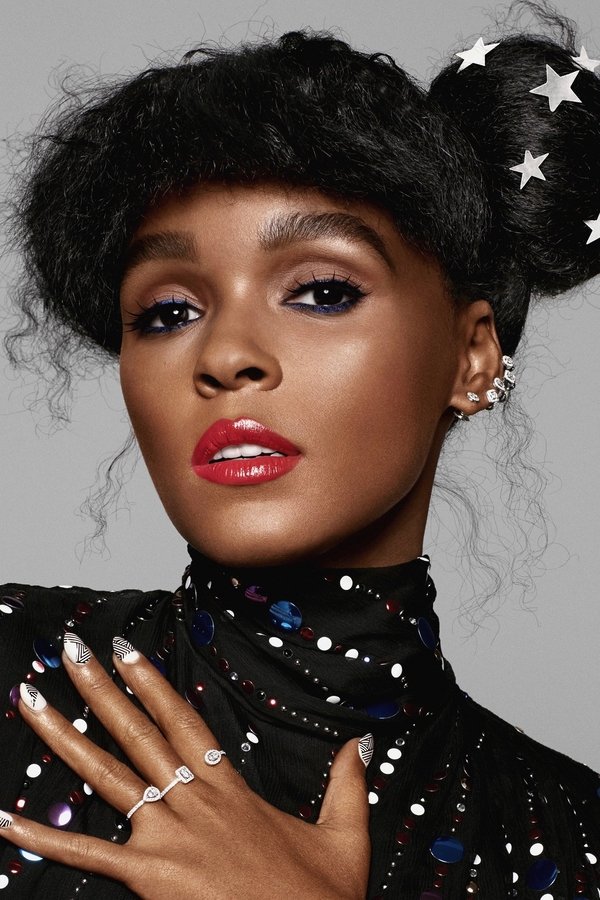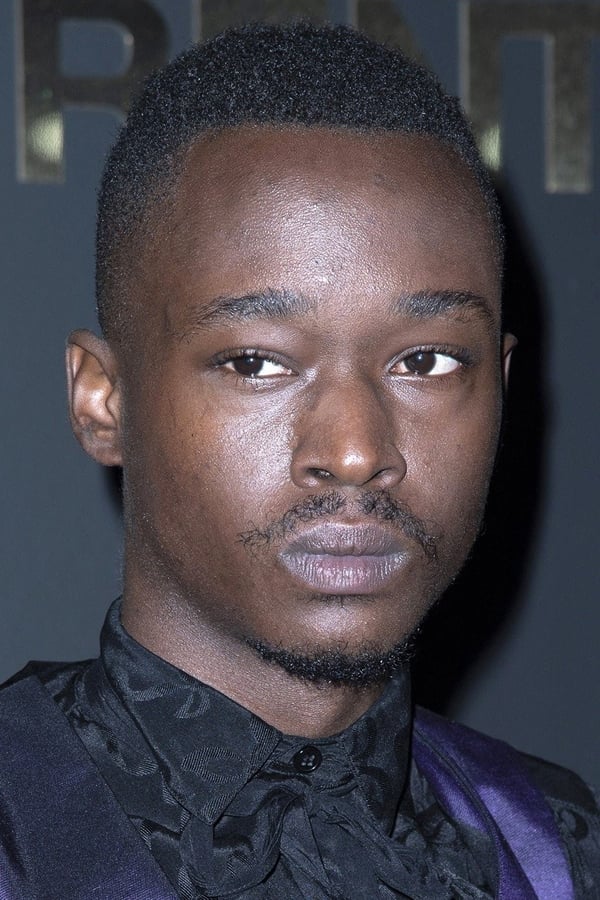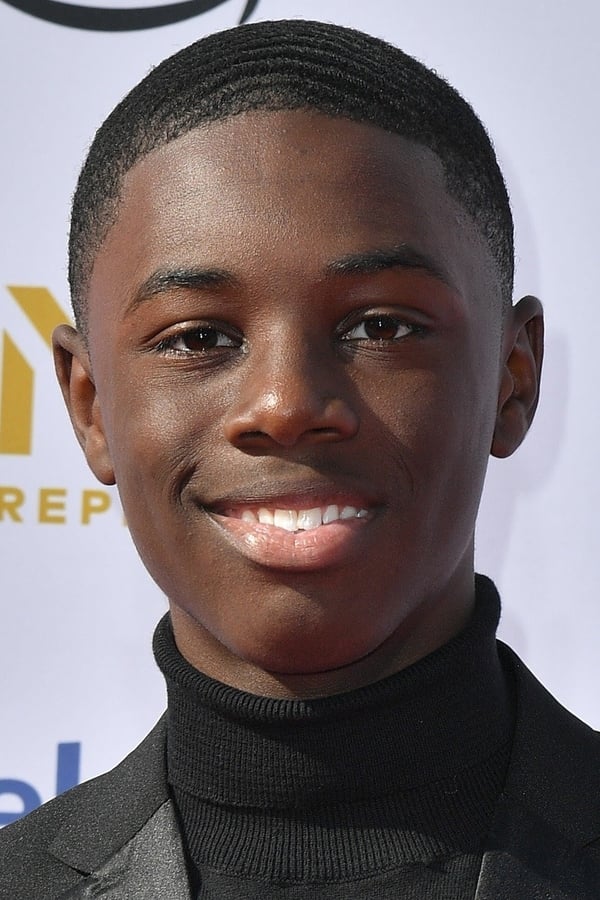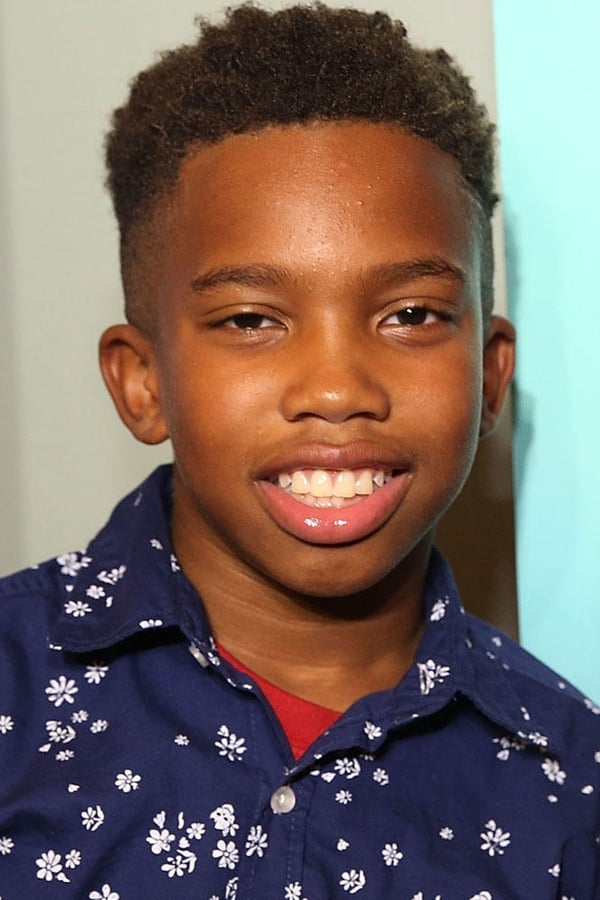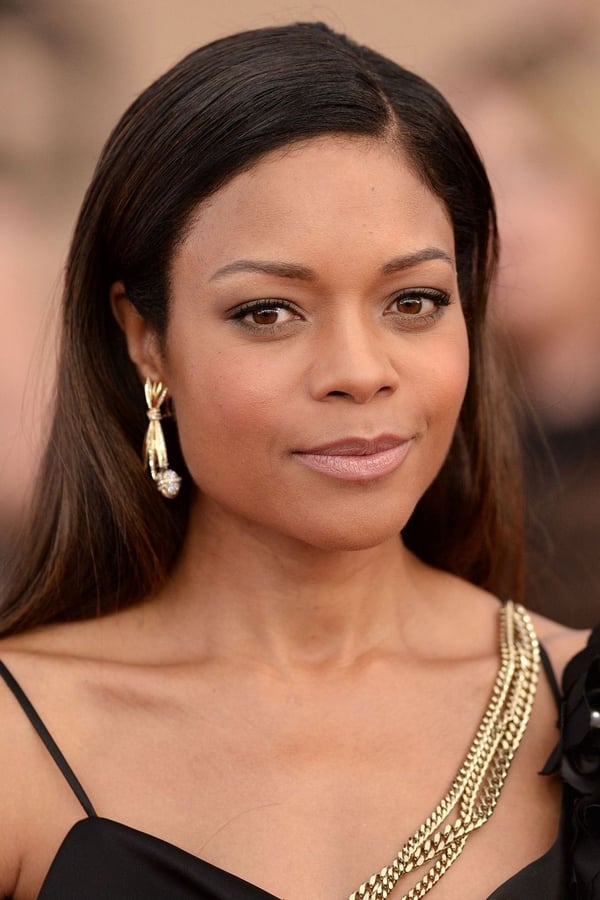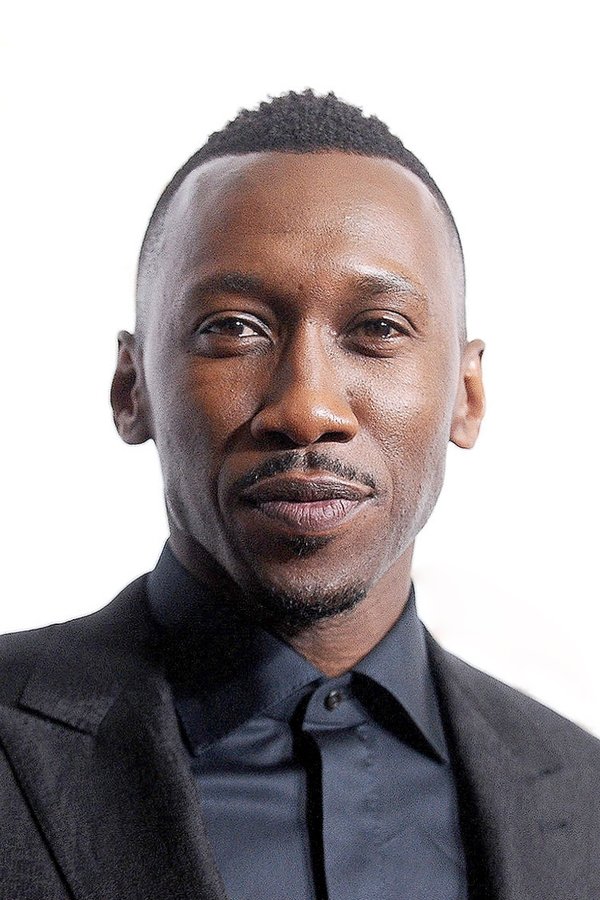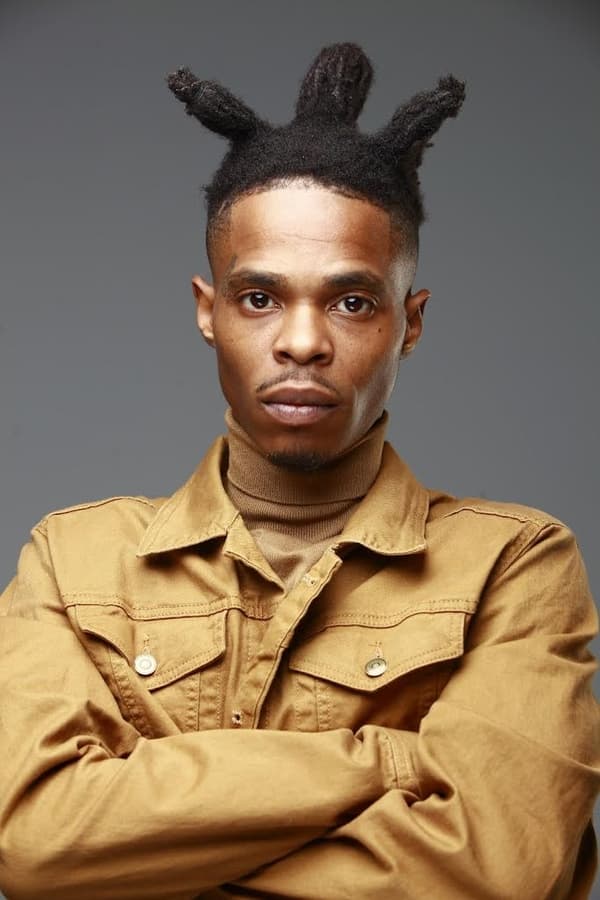After years of being ignored, shut down, or shifted around, I think we’re finally getting somewhere with black cinema getting its due. I think it is finally at the point where mainstream audiences will just watch a movie for black audiences and not have it feel forced or empty. It’s not at the level it needs to be at just yet, but I do think it is getting traction. Not counting the Oscars (especially after seeing Green Book win last year), I think that black cinema is making waves with the general population, and that excites me, because that can break up the formulaic and problematic amount of films that reach audiences and can open up the door for other minorities to start appearing in film more now that it’s proving that movies with diversity CAN reach people of all backgrounds despite their intended audience. I think since 2016, there has been a stream of successful (and now iconic) movies by black artists, for black audiences, with general appeal. Moonlight, Fences, Get Out, Us, Blackkklansman, Blindspotting, If Beale Street Could Talk, Sorry to Bother You, The Hate U Give, and Black Panther are just a few of the plethora that come to mind, and all are great or excellent movies. It’s a far cry from times like 2004 where the most notable black led movies were Hotel Rwanda (white director) and White Chicks (infamously bad).
So, how does Queen & Slim hold up in this black film-making start of a renaissance? It’s…OK. And I’m not gonna lie: I am highly disappointed that it’s just OK, because this was one of the most anticipated films of the year for me, and for good reason. For starters, the premise is the best kind of hook you could ask for: A black man shoots a white police officer in self defense while on a Tinder date. He and the date go on the run. That’s an amazing idea to film a movie around. Likewise, it is the directorial debut of double Grammy winner Melina Matsoukas, who is best known for her fantastic music videos. And on top of that, Daniel Kaluuya, one of my up and coming favorite new actors, was one of the stars. And yes, I was somewhat right. The premise was intriguing. The direction was nice. The acting was great. But I forgot the cardinal virtue of good cinema: a solid script.
Spoilers going forward from here. You don’t want them, jump to the final paragraph.
Unfortunately, Queen & Slim is a very sloppy movie, and that is owed to the writing. It is, simply put, underwhelming. Very likely because it’s not offering anything new and refreshing to witness. And I think the film is self aware of that, and overcompensates by trying to put in extra effort to look iconic. That photo I posted above is the movie’s moment of saying “Hey, this is a cool shot, right?!” and it’s also the final shot in the movie. There is a line in this movie (and it’s trailer) comparing Queen and Slim’s run from the law as the “Black Bonnie and Clyde”. Well, not really. Because Queen and Slim shoot an officer in self-defense, run off, live “free”, and most notably, die as martyrs, rather than as be rebellious or controversial cop killers. I think Queen & Slim actually could have benefited from being more ballsy and just having the duo take down cops all on their way to escape. But instead they’re just a bit too nice and charismatic, and when their getaway falls apart, it turns into another black pain movie that we’ve seen far too many times for it to carry the same weight. The writing is never sure if it wants to be an iconic drama or a dark comedy, and it dives into fantastical and surreal situations but never runs all the way with them. I want to like this movie so much more than I do, but it constantly gets in its own way with its clumsiness or pretentiousness. It has something to say, especially in the United States in 2019, but it appears to be so angry it can’t form a cohesive argument. It reminds me of this year’s Us, which I loved, but struggled to fully comprehend the message of. But I could at least get the gist of Us, and I had a lot of fun watching it. In the meanwhile, I walked away from Queen & Slim being more confused than impressed, and more thoughtful on my feelings towards it than the message it tried to deliver.
The two writers for Queen & Slim were Lena Waithe, who co-wrote the Emmy-winning Master of None “Thanksgiving” episode, a fantastic piece of television. When writing Queen & Slim, Waithe was working on a story she conceived with none other than James Frey, best known for his writing scandal rather than his actual work now. For those that are unaware, he infamously fabricated some of his writing and passed it off as auto-biographical, and told Larry King he embellished a few details…but when he saw Oprah, he cracked and said he flat out lied. So it makes sense that a fresh/talented writer and somewhat (?) talented author guilty of literary forgery did not make the best duo for writing a screenplay for a debut director. Each scene in Queen & Slim feels more like its own scene in another movie and while the scenes are decently engaging, the overall product of all the scenes put together is a bit of a Frankenstein’s monster.
